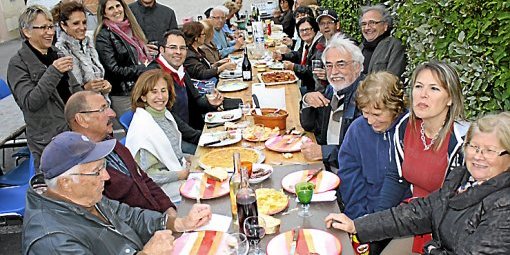 Nowadays, the traditional measure of success — owning an apartment and/or a car — is out of date. An increasing number of young people around the world don’t want to buy them.
Nowadays, the traditional measure of success — owning an apartment and/or a car — is out of date. An increasing number of young people around the world don’t want to buy them.
Research shows that the so-called millennial generation, who are now 30-35 years old, rarely buy houses and even more rarely — cars. In fact, they don’t buy super expensive things at all. In the USA, people under the age of 35 are called ’the generation of renters.’
Why does this happen?
Some sociologists say it’s because modern youngsters suffer from financial crises. That’s why people are afraid of ’serious’ loans.
But it’s not the most important reason. The thing is, the current generation of young people differs from their parents’ generation. They have other values.
The youth today has reconsidered the concept of success, which means:
- Successful people don’t buy property — they rent.
- If you want to be considered successful, invest in experiences: travel, do extreme sports, build startups.
The point is that people now don’t want prosperity and stability — all they want is flexible schedules and financial and geographical independence.
People have no interest in material things
Why own a car if you can take a cab? It’s almost a personal car with a driver. And it’s not more expensive than having your own car. Why buy a house in a beautiful place and go there for vacation, if you can find a place to stay through Airbnb in any corner of the planet? You don’t have to overpay for rent or buy a property in a country you love. The same thing with real estate in your hometown:
- You don’t know how long you’ll stay where you live.
- You can take on a mortgage for 40 years, or you can accept the fact that you’ll spend your whole life in a rented place.
- You’ll probably change your job in the next few years. If you rent, nothing prevents you from moving closer to the office.
According to Forbes, modern young people change jobs every three years on average.
The concept of ownership is no longer relevant
James Hamblin, The Atlantic’s columnist, explains the phenomenon as follows: ’Over the past decade, psychologists carried out a great amount of research proving that, in terms of happiness and a sense of well-being, spending money on new experiences is much more profitable than buying new things. It brings more joy.’
Experiences help us make friends
Social interaction between people is crucial to whether they feel happy or not. Talking to others and having a lot of friends makes you a happier person. But would people rather hear about how you spent a year in a wild country or about how many apartments you’ve already bought?
Here’s an extract from Hamblin’s article:
’Turns out people don’t like hearing about other people’s possessions very much, but they do like hearing about that time you saw Vampire Weekend.’
Remember that even a bad experience can become a good story. Material things cannot.
Buying things makes us worry
There’s one more thing. The things we own, especially if they’re very expensive, make us worry about their condition. If you buy a car, you’ll flinch every time someone’s alarm sounds outside. If you buy a house and fill it with expensive items, you’ll be afraid of being robbed. Not to mention the fact that a car can be scratched or break down, and a super expensive TV might break after a year of usage. But no one can ever take away the experiences you have.
Every purchase will go down in price over time
Our parents weren’t able to travel as often as we do. There wasn’t the possibility to have so much fun. They didn’t have so many opportunities to start a new business. Therefore, they invested in houses and cars, and we don’t want to do that. After all, every purchase, if it’s not a house or an apartment, will depreciate over time. And if we think about how quickly real estate depreciates during a crisis, then everything becomes even more obvious.
Experience is the only thing that matters: it won’t go down in price, and no one can steal it.


